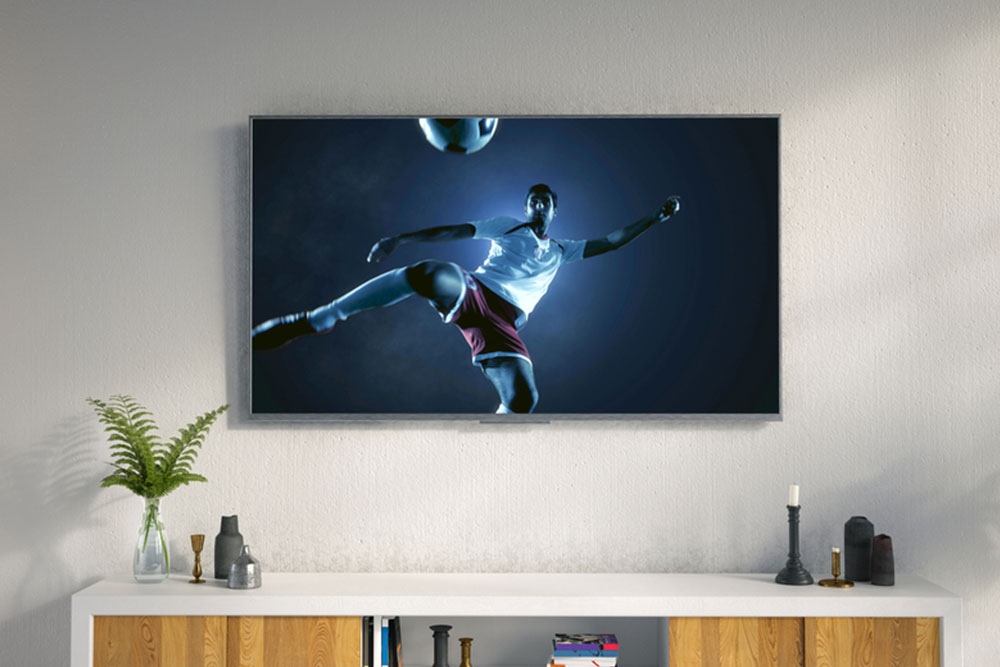What you should know before buying a 3D TV
Although 3D TVs were a hit during 2010, it could not create the hype it did and the collection of 3D enabled TVs slowly started to diminish. However, there are certain advantages and disadvantages to having a 3D TV at home. Here are some things that you should know before purchasing a new 3D TV.
Real-time 2D to 3D conversion
Certain high-end 3D TVs come with interesting features in 2D to 3D conversion.

Finding the right spot to mount your TV
To find the right place and space to mount in your 3D TV, make sure you do not have a window or any opening that lets the light as that could induce glare on the screen and compromise the viewing experience. So, make sure to darken the room during the day. A minimum distance of 8 feet for a 50-inch TV and 10 feet for 63 inches and above between the chair and the 3D TV should be the perfect distance to be maintained.
Best display for a 3D TV
Two different screen displays come along with the 3D TVs as per its range of cost: LCD/LED and OLED display. However, each option has specific features you consider. LCD is the most commonly marketed wall-mount TV, some LCD TVs work best in displaying 3D content. OLED TVs provide deeper blacks, rich colors, wider contrast, and excellent clarity, but some lack brightness than most of the expensive LCD TVs.
3D Glasses
If you buy a 3D TV, you will have to wear glasses. Paper glasses are now replaced with active shutter and passive polarized 3D glasses. The active shutter has a transmitter that gets the 3D image in sync with the glasses and is expensive. The passive polarized glasses are inexpensive and cost just $5 to $25 per pair. You may inquire your TV provider to know which system works best for which model series.
Audio connectivity
If you could find no changes at all with the output of the audio system or home theatre by installing a 3D TV, it is probably due to the connectivity between a 3D enabled blue-ray disc and the home theatre receiver. If you really want to enjoy the effect of the 3D audio, you need to use a 3D-compatible home theatre receiver that passes 3D signals from the blue ray disc and on to the 3D TV.















